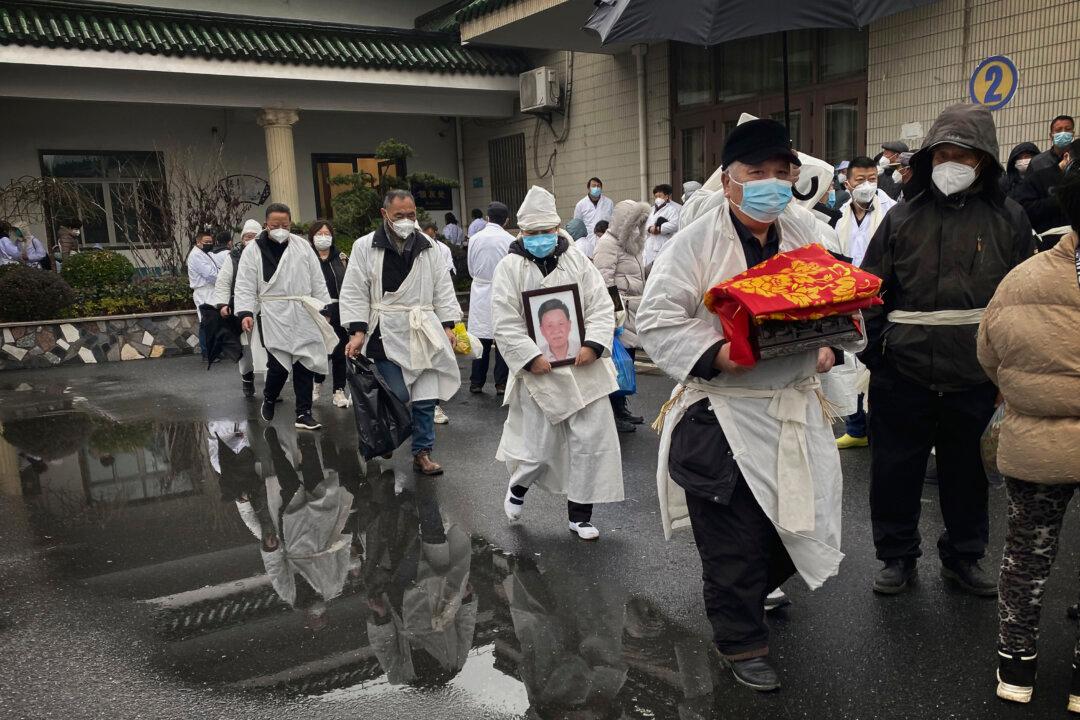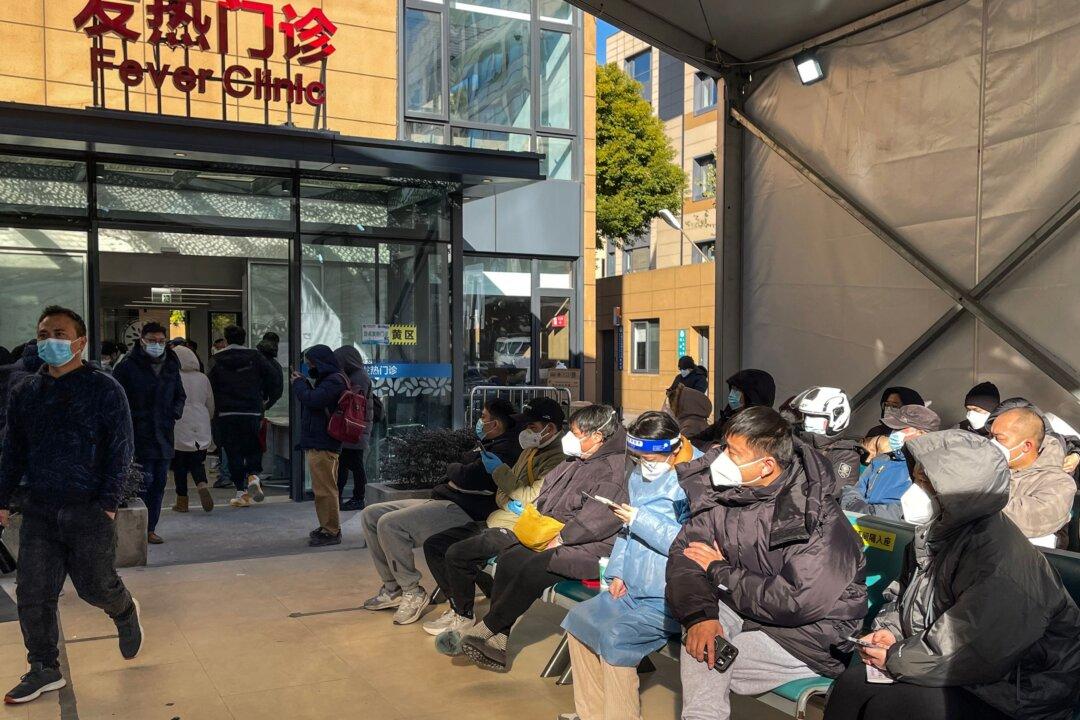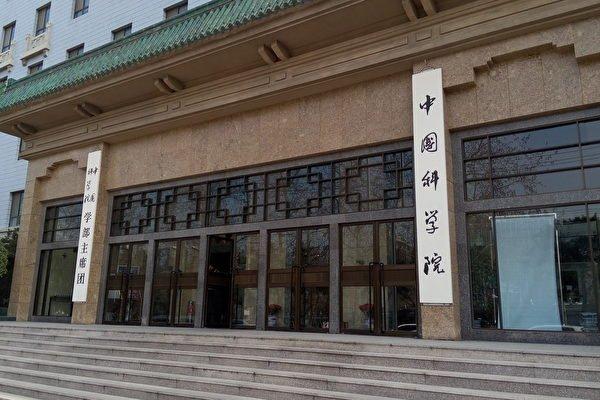A little over a year after China lifted its draconian zero-COVID measures, abruptly opening a society that had been under extreme lockdowns for more than two years, a fresh spate of obituaries at China’s Peking University is a signal that the virus is still around, and still taking a toll on communism’s best and brightest.
Last month, the university, revered as the birthplace of the Chinese Communist Party (CCP), lost seven professors. And official reports show that in 2023, at least 72 professors died, most of whom were loyal CCP cadres.




